Located on Pittsburgh’s North Shore, the Andy Warhol Museum celebrates one of the most well-known artists of the 20th century.
Andy Warhol was born Andrew Warhola, Jr. in Pittsburgh in 1928 and lived in the city throughout his youth, graduating from Schenley High School and Carnegie Mellon University. After graduating from CMU, he moved to New York, where he would live for the rest of his life.
However, Warhol’s connection to Pittsburgh was strong, which makes the city the perfect place for a museum dedicated to him.
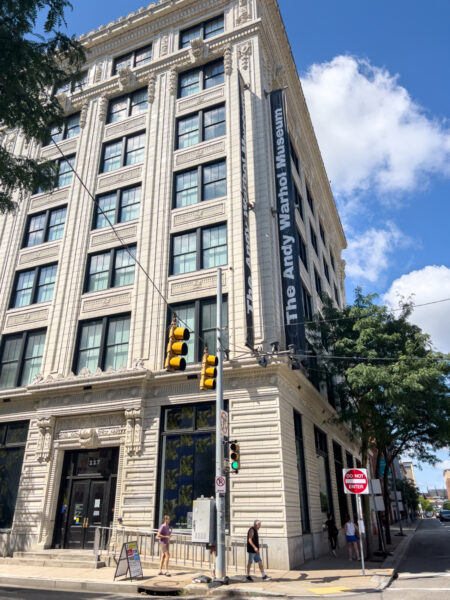
At 88,000 square feet, the Andy Warhol Museum is the largest single-artist museum in North America. It is part of the Carnegie Institute (along with the Carnegie Museum of Natural History, the Carnegie Museum of Art, and the Carnegie Science Museum), and sits near both PNC Park and the Andy Warhol Bridge.
Even before you enter the museum, you are greeted by Warhol’s art. Walking past a myriad of identical self-portraits and pink cows gives you no doubt that you are in the right place.
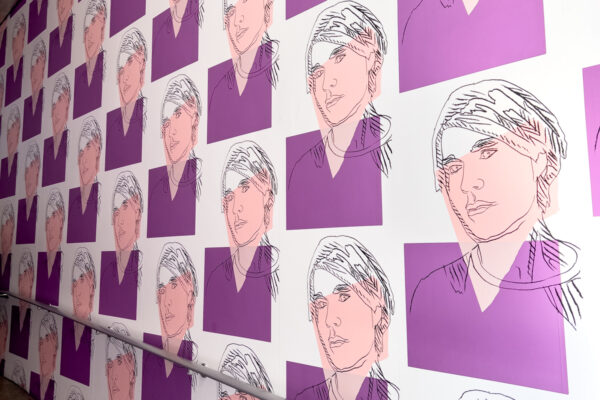
There are seven stories of exhibits within the museum, and it is recommended that you start at the top and work your way down. However, before taking the elevator up, consider watching the film on Warhol’s life in the theater on the first floor.
On the top floor of the museum, visits start with a lot of great information about Warhol’s childhood in Pittsburgh, including a timeline of key events in his first two decades of life.
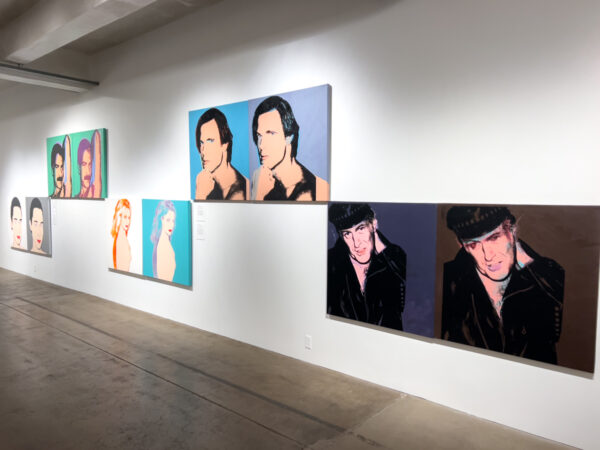
Throughout the space, you’ll find art pieces that he did as a child, family photos, and even art done by his mother.
As you head down the floors of the museum, you’ll move through Warhol’s career and see some of his most iconic works of art including his commercial work, pop art, and even some of his more avante-garde pieces.
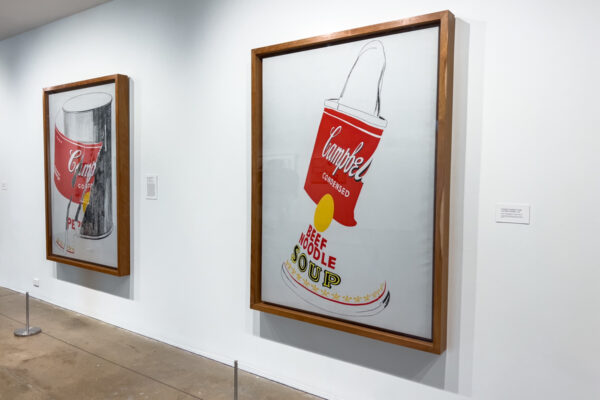
Each floor contains a timeline of his life and some great information about how his career and art changed through the years. There is also a tactile area on each floor where visitors can actually feel the art if they can’t see it.
While I quite enjoyed the entire museum, one of my favorite spaces in the museum was the Silver Clouds room on the fifth floor.
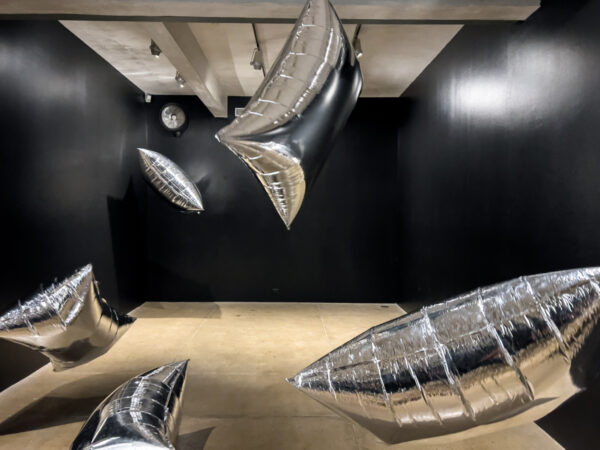
In this space, silver balloons float through the space and visitors are allowed to carefully touch and play with the exhibit. This is one of the few interactive elements of the museum, and it was a lot of fun to spend a few minutes here.
There is also space in the museum dedicated to some of Warhol’s most unusual pieces of art, including a large room about his work with the Velvet Underground rock band and a room where you can watch some of his movies (which are often quite unsettling).
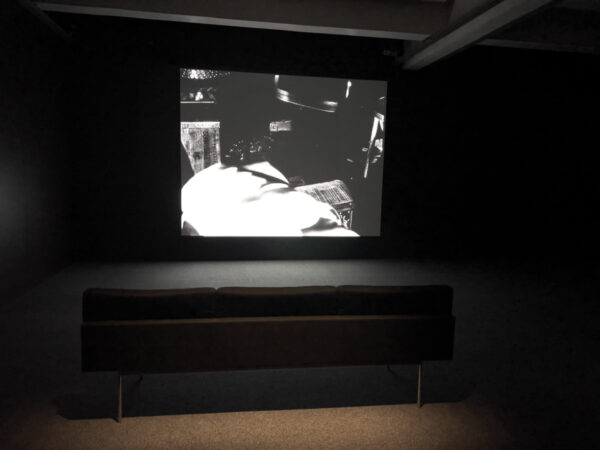
While these spaces weren’t for me, I do appreciate that they do a great job covering every aspect of Warhol’s art and career, not just the ones that have proven to be the most popular over the decades.
For those who want to get a bit crafty during their visit, the basement holds The Factory space, which is a hands-on art studio that is open Friday, Saturday, and Sunday afternoons. Unfortunately, despite having gone to the Andy Warhol Museum twice, I haven’t yet visited when this has been open, so I can’t really comment much on it.
Still, those who love to make art might want to plan their visits around this space’s operating hours, especially since there are free art projects that you can complete in the space.
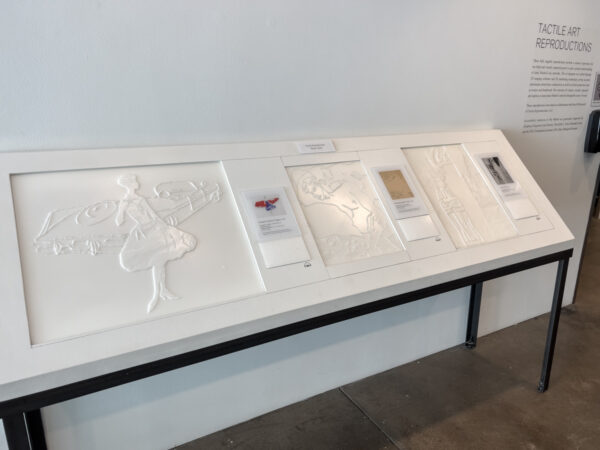
The only negative note I have (and it’s not really even a negative for most visitors) is that the museum does have a few photographs that depict nudity on display, and there is no notice of this before entering the gallery. Those visiting with kids or who are easily offended may want to ask ahead of time which galleries to avoid.
In addition to the displays, the Andy Warhol Museum also has a cafe and a gift shop on the first floor. You can also watch a live stream of Warhol’s nearby grave from the lobby of the museum. (More on his grave at the end of this article.) These are great spaces to check out during your visit and are also open to the public even if you don’t purchase a ticket to see the rest of the space.
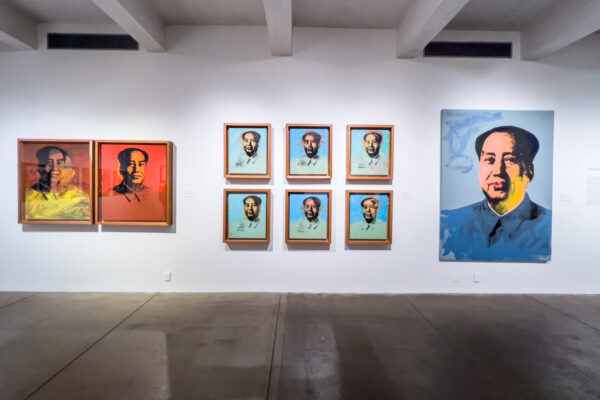
Overall, however, the Andy Warhol Museum is a fantastic destination in Pittsburgh. It’s especially great for those who love art, but since Andy Warhol is such an iconic American figure, just about everyone should be able to appreciate this fantastic museum.
Definitely add this one to your list of spots to explore when visiting Pittsburgh.
Visiting Andy Warhol’s Grave
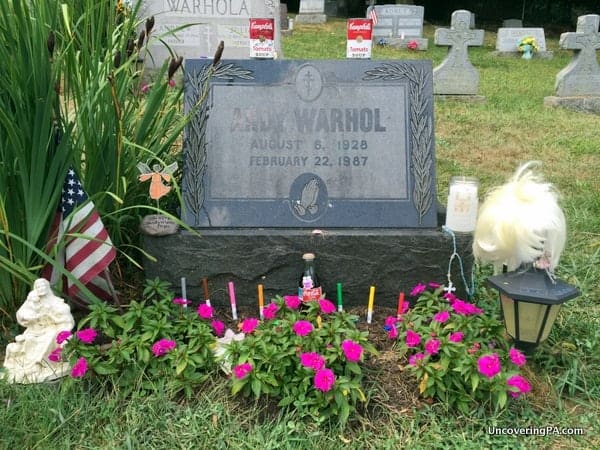
Andy Warhol died in New York City in 1987. He was buried next to his parents in St. John the Baptist Byzantine Catholic Cemetery. The cemetery is 25 minutes south of Pittsburgh in Bethel Park.
Warhol’s grave is frequented by visitors, and when I visited in September 2015, it had several cans of tomato soup, a platinum wig, and other momentos lying around. These items make it much easier to find his gravesite in the cemetery.
The grave is located at approximately the following coordinates: 40.354611, -80.029756.
If you can’t make it to the gravesite or want to see it beforehand, there is a 24-hour streaming feed available from Earthcam.com. The feed is also shown on a TV in the museum if you can’t make it to the grave itself.
Looking for more things to do nearby? Check out the Heinz History Center, the Frick Museum, and Randyland.
[Click here for information on how to use coordinates to find your destination.]

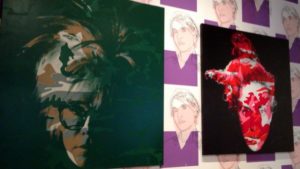

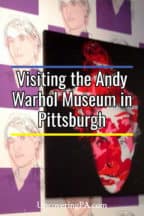
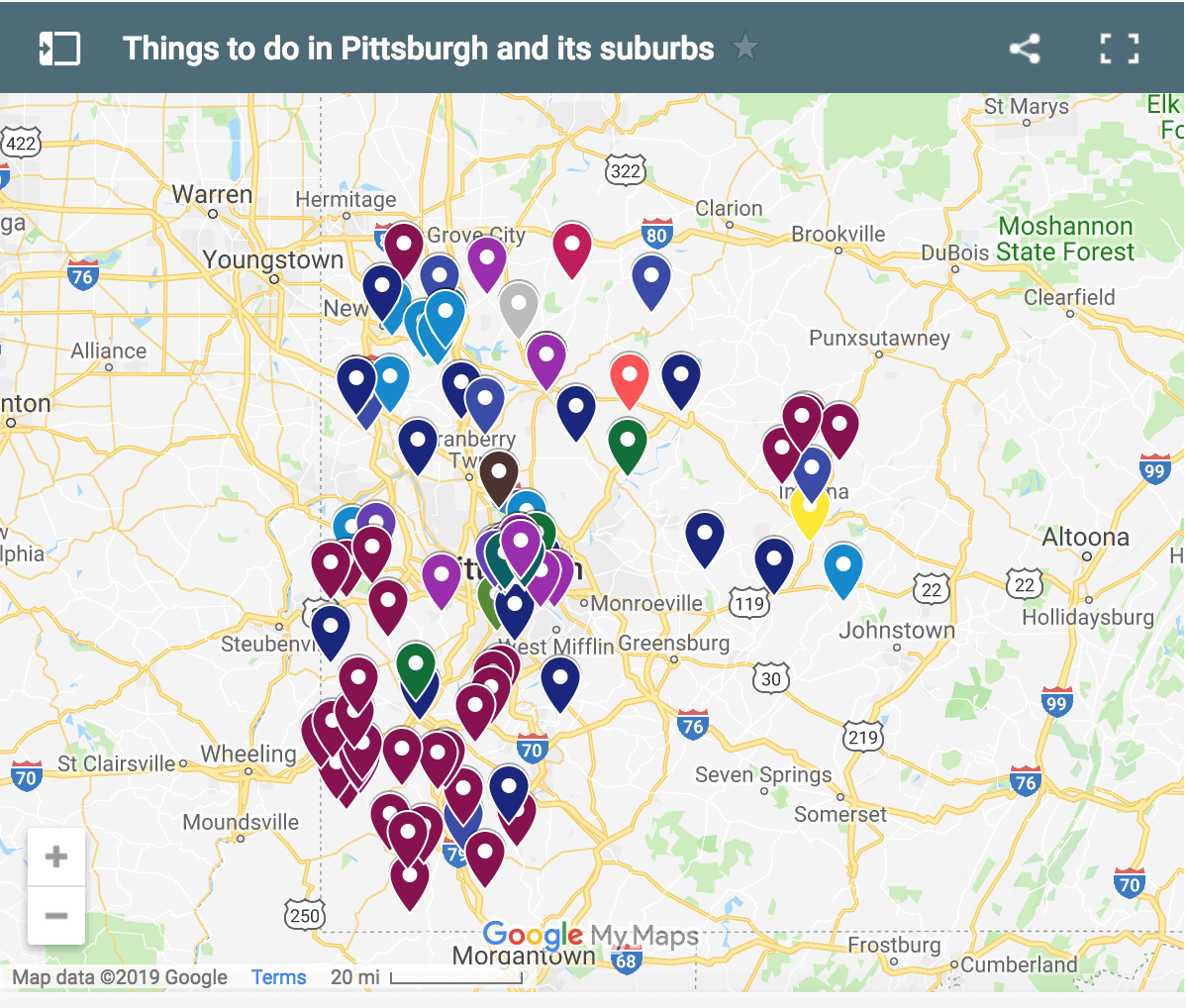 "
"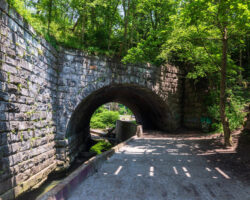
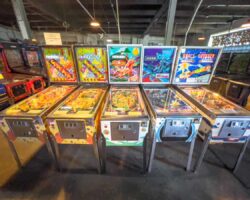
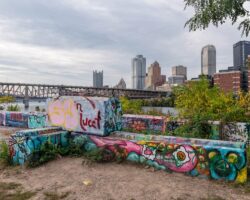


I’ll definitely stop by the museum if I visit Pittsburgh. I’d love to see his fanciful shoe drawings from the early days of his career, and I’m sure the museum has plenty.